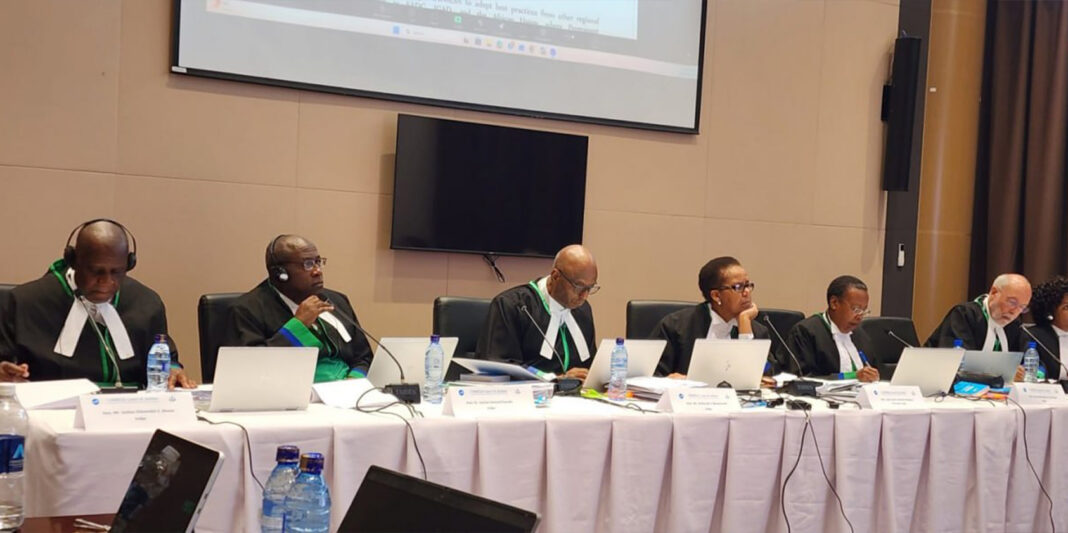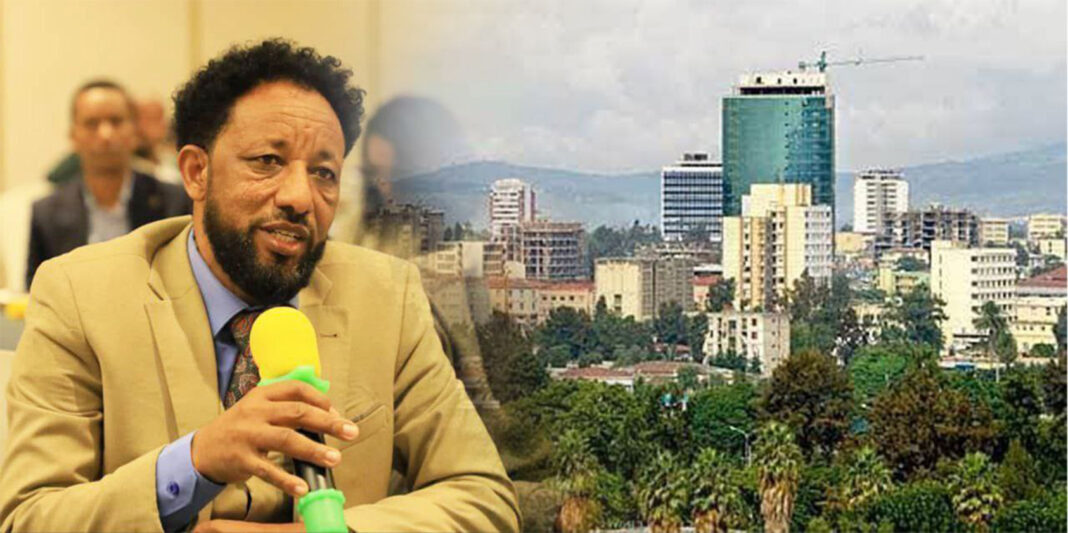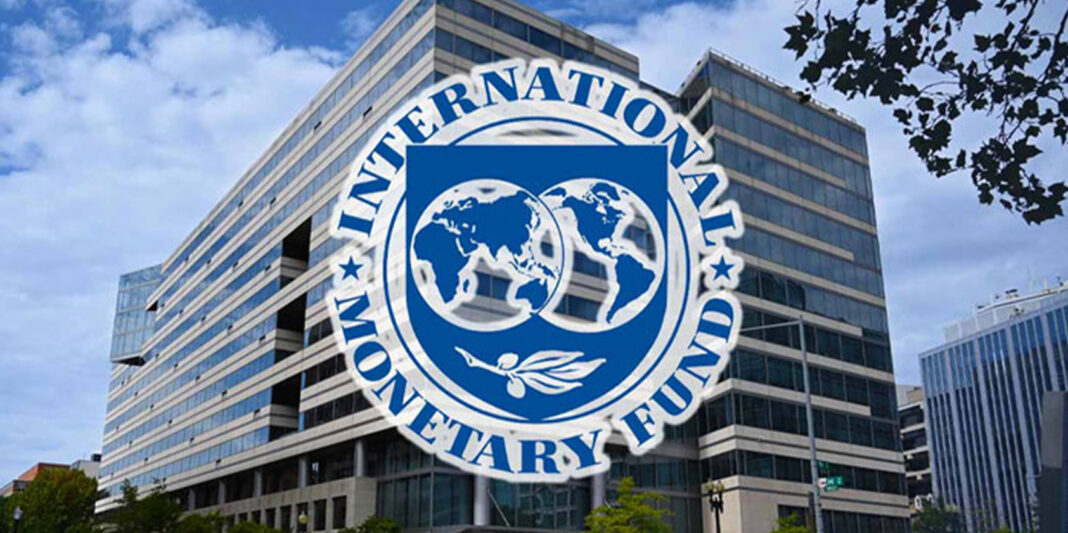In a landmark ruling with significant ramifications, the Common Market for Eastern and Southern Africa (COMESA) Court of Justice has ruled in favor of a legal challenge presented by prominent Ethiopian lawyer, identifying errors in the appointment of a judge by the COMESA Secretariat.
The verdict, announced in Lusaka, Zambia, nullifies the election and appointment of Justice Chui Yew Cheong from Mauritius.
This decision concludes a lengthy legal battle initiated by Ethiopian lawyer Tewodros Getachew, who questioned the fairness and procedural integrity of a judicial election held in November 2024.
The controversy began when Tewodros, who placed eighth in that election, raised concerns about procedural irregularities.
The situation escalated when Justice Chui Yew Cheong, the seventh-place candidate, withdrew from the position.
Rather than offering the role to the next candidate in line, COMESA leadership selected another nominee from Mauritius, prompting Tewodros to file a formal lawsuit.
After considering his request for a preliminary injunction, the COMESA Court of Justice issued a historic ruling on April 16, 2025, prohibiting the Secretariat and the Secretary General of COMESA from proceeding with the appointment and swearing-in of judges.
For the first time in the organization’s history, a court order prevented the newly elected 12 judges from being sworn in.
As the litigation progressed, the East African Law Society intervened as an interested party on behalf of eight member countries.
In its final judgment, the court identified significant procedural irregularities throughout the election process, including the failure to properly notify Ethiopia of the election schedule, not circulating Tewodros’ CV to the Council of Ministers, confusing his name with that of the minister, denying receipt of Tewodros’ CV despite prior acknowledgment from the Secretary General’s office, late submission of his credentials, and the last-minute addition of another candidate who lacked proper vetting and credentials.
The court’s most crucial finding addressed the eligibility of Justice Chui Yew Cheong. It ruled that, as a retired Supreme Court judge who was beyond the official age limit for high judicial office in Mauritius, she was ineligible for appointment under the COMESA Treaty.
Additionally, the court sharply criticized the Secretary General for overstepping their authority. When Mauritius withdrew Justice Cheong and later indicated her willingness to serve again, the Secretary General unilaterally decided that no vacancy existed.
The court asserted that the power to determine vacancies resides not with the Secretariat, but with the Electoral College of COMESA Justice Ministers and Attorneys General.
Consequently, the court has directed this Electoral College to resolve the resulting vacancy within the next 60 days.
While the injunction against the other judges was lifted, allowing them to be sworn in, the ruling prohibits Justice Cheong from assuming her post.
The court also awarded half of the legal costs to Tewodros and the intervening law society, acknowledging their partial success in upholding the rule of law within the regional bloc.
Following the ruling, a pleased Tewodros, who also serves as President of the Pan African Lawyers Union (PALU), remarked that this case has transformed the process of electing judges, not only for COMESA but across the continent.
In a text message to Capital, he stated, “This is a huge statement for the rule of law, not just in COMESA, but across the globe.”







